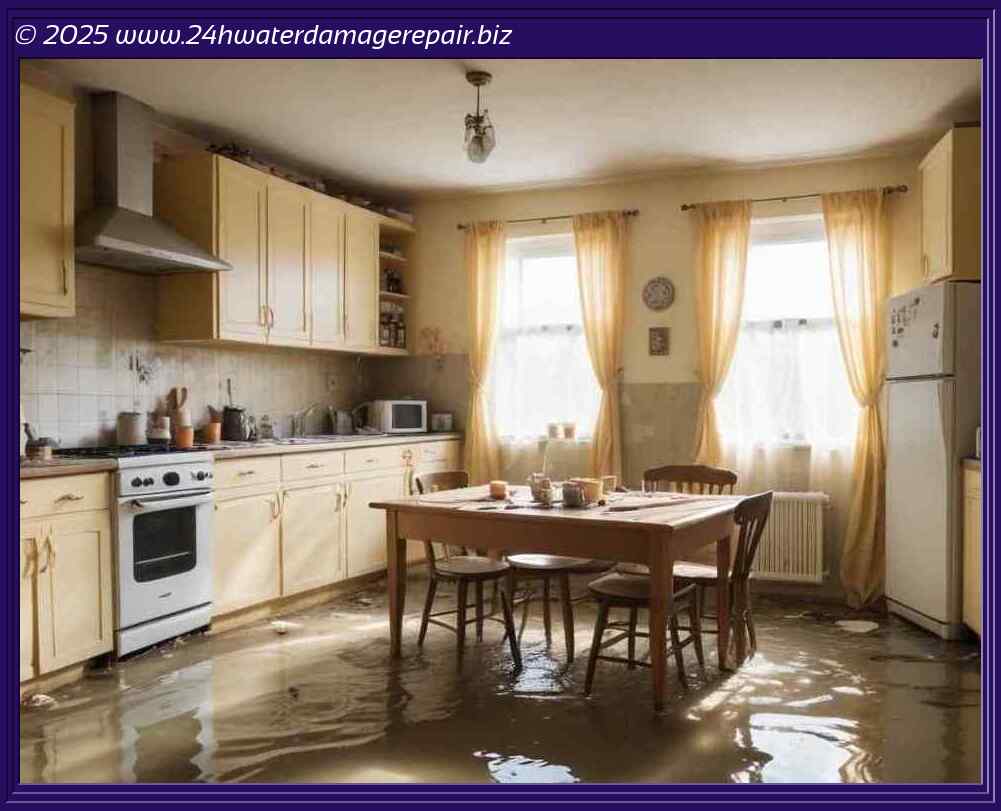
Understanding Mold:
Mold refers to a type of fungi that thrives in damp and humid environments. When water infiltrates your home during a flood or other water-related issues, it creates an ideal breeding ground for mold spores to grow rapidly. Mold releases tiny reproductive cells known as spores which can become airborne and spread throughout your house if not promptly addressed.
Health Risks Associated with Mold Exposure:
Exposure to mold may trigger various health problems such as allergies, respiratory infections, asthma attacks, skin irritation, and even more severe conditions among individuals with compromised immune systems. The longer you delay dealing with mold growth after experiencing flood damage; the higher are chances for these harmful spores to proliferate.
Structural Damage Caused by Mold Infestation:
Beyond health concerns, prolonged exposure to excessive moisture caused by flooding can compromise the structural integrity of your property. As mold colonies generate destructive enzymes that break down organic materials like wood and drywall, they weaken essential building components over time. Ignoring proper cleanup measures may result in costly repairs or sometimes even require extensive renovation work.
The Importance of Professional Mold Remediation Services:
1. Assessment and Inspection: Trained experts skilled in assessing post-flood damages closely inspect affected areas using advanced tools to detect hidden moisture spots where molds thrive.
2. Containment Measures: Experts employ specialized techniques like negative air pressure containment barriers coupled with HEPA (High-Efficiency Particulate Air) filtration systems to isolate and prevent the spread of mold spores.
3. Mold Removal: Skilled technicians utilize industry-approved procedures to eliminate visible mold colonies while ensuring that even hidden contamination is thoroughly eradicated, safeguarding against future growth.
4. Dehumidification and Drying: Powerful drying equipment involved in professional mold remediation aid in preventing further moisture buildup, reducing humidity levels to inhibit future mold development.
5. Prevention Strategies: Experts offer advice on effective preventative measures such as improving ventilation, insulation, repairing leaks or addressing foundation issues - minimizing the likelihood of future flood-related mold problems.
Mold remediation following flood damage is crucial for maintaining a safe and healthy living environment while protecting your property's structural integrity. Instead of attempting do-it-yourself remedies that may lead to incomplete removal or accidental spread of spores, it is strongly recommended to seek professional assistance from experienced flood damage repair specialists who specialize in comprehensive mold remediation services tailored specifically for your situation. Acting promptly ensures that potential health risks are mitigated and prevents long-term damages caused by unchecked microbial growth within your home.